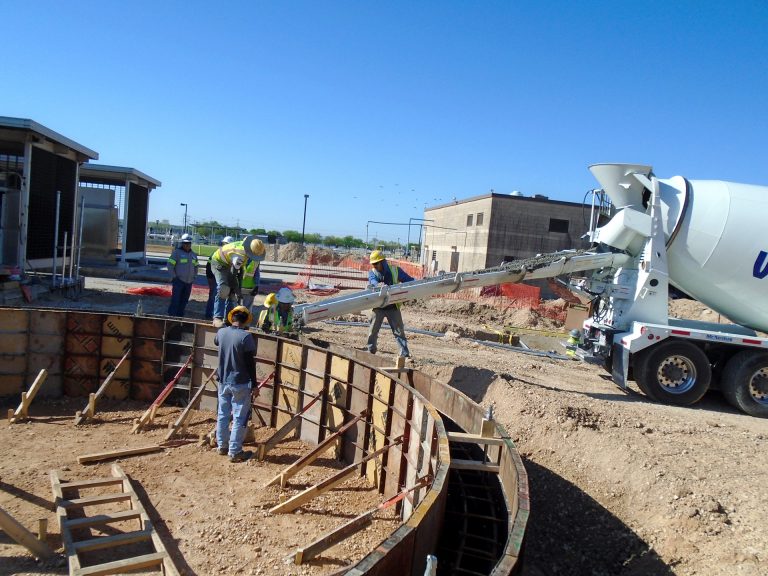San Antonio is well-known for many things: the Alamo, the Spurs and the River Walk to name a few. In the utility world, our city is famous for something most of us would rather not think about: top-notch sewage treatment. Since 1987, the majority of the city’s sewage has flowed into the Dos Rios Water Recycling Center. Today, the 500-acre South Side facility remains a cornerstone of our wastewater system, and claims bragging rights to many industry “bests” and “firsts”:
- Largest direct recycled water system in the nation.
- First in the world to produce treated biogas for the natural gas market.
- First to reuse all three sewage treatment byproducts: water, solids and methane gas.
- U.S. Environmental Protection Agency’s best treatment plant in the country in 2004.
Even the water along San Antonio’s River Walk comes from Dos Rios, providing much of the famed river’s flow all the way to the Texas coast.
Now, more than 30 years after it opened, Dos Rios is getting some much-needed improvements. Among the upgrades: an overhaul of the plant’s electrical system.

“The largest operational cost for wastewater treatment plants is electricity,” said Marisa Martinez Palmer, engineering manager for the project. In all, there are four phases of electrical upgrades, expected to be complete by 2025.
Also under construction are improvements to the chlorine disinfection system — the last step in the treatment process that prepares recycled water for reuse or release into the river. Completion of this project is scheduled for early 2020.
Upgrades to the plant’s solids processing facilities are already in operation, increasing the recycling center’s capacity significantly.
The most impressive part? All the work is being done while Dos Rios continues to process 100 million gallons or so of sewage each day. “One of the greatest challenges with these upgrades, as it is with any project at our plants, is making sure not to interrupt plant operations,” Palmer said.